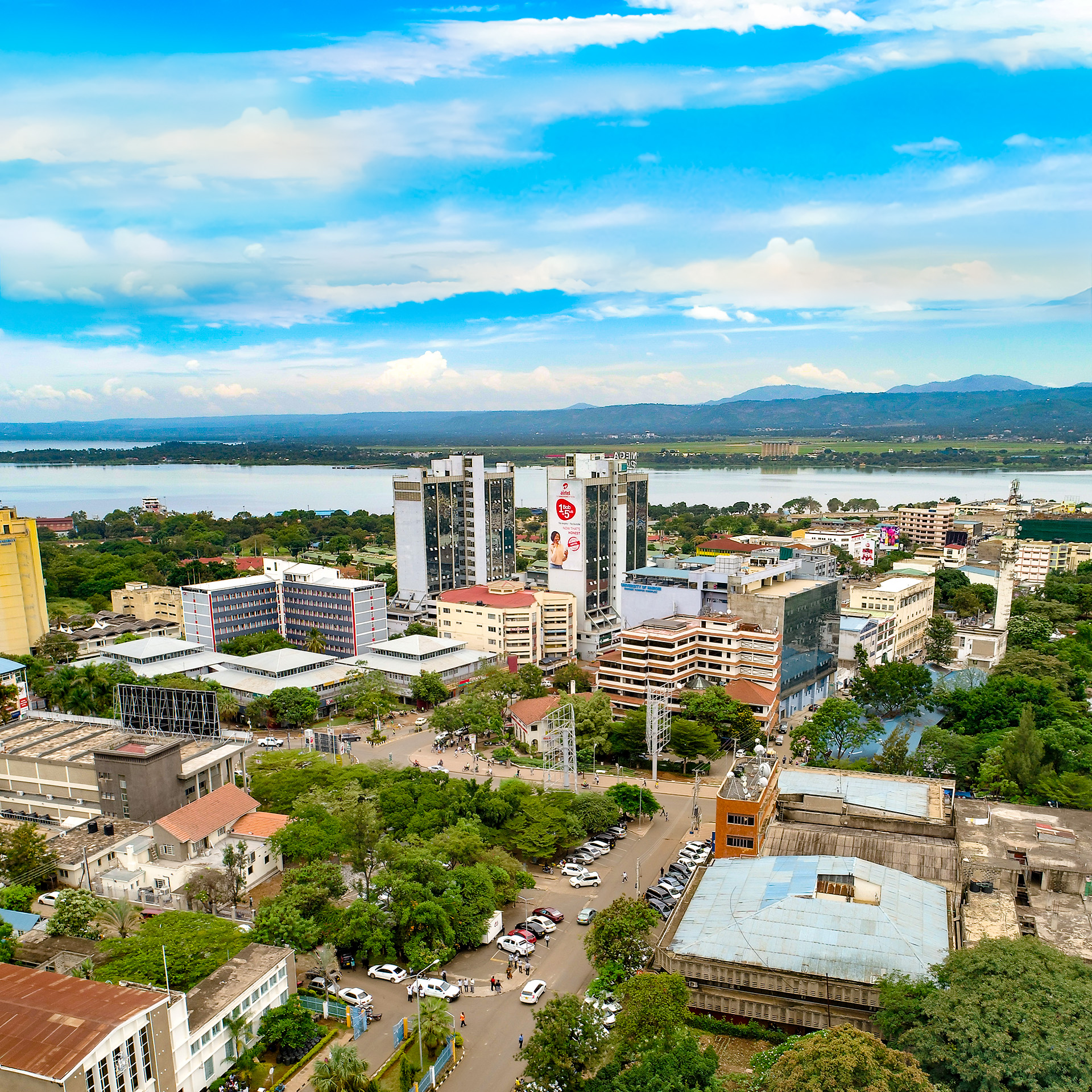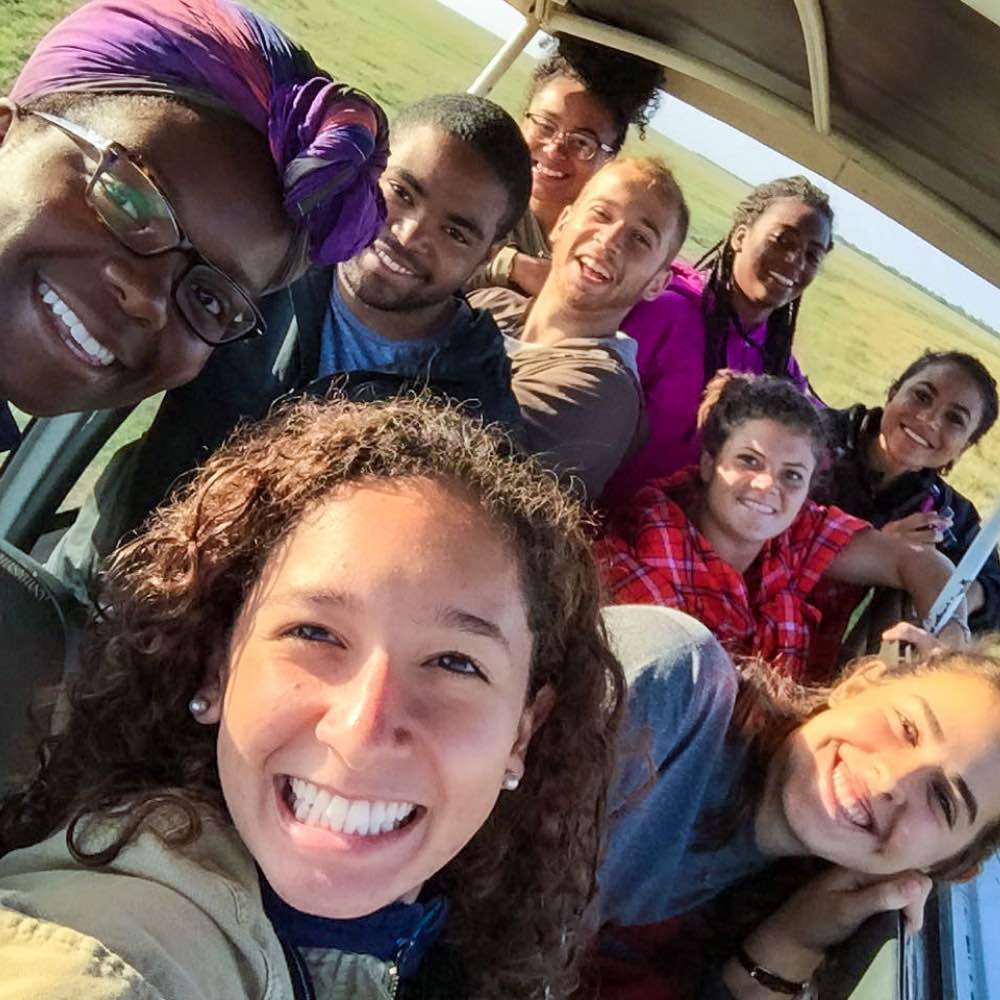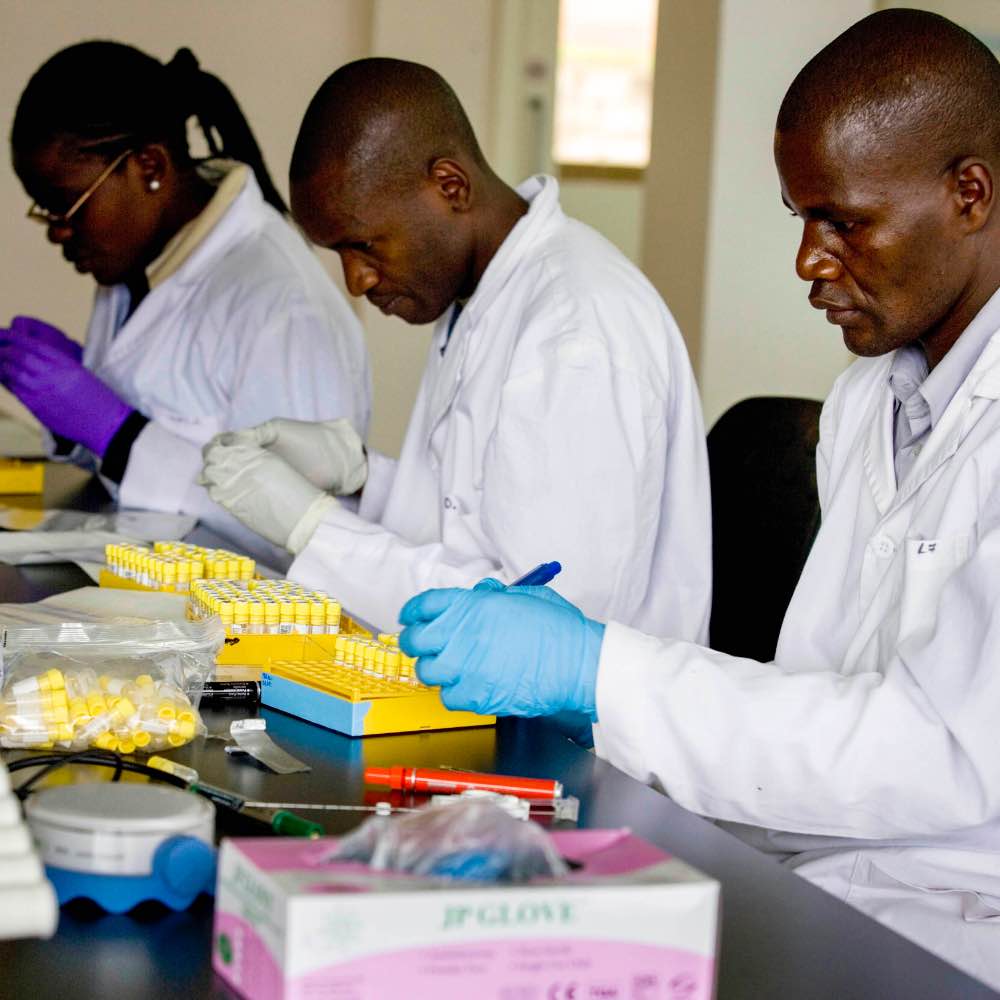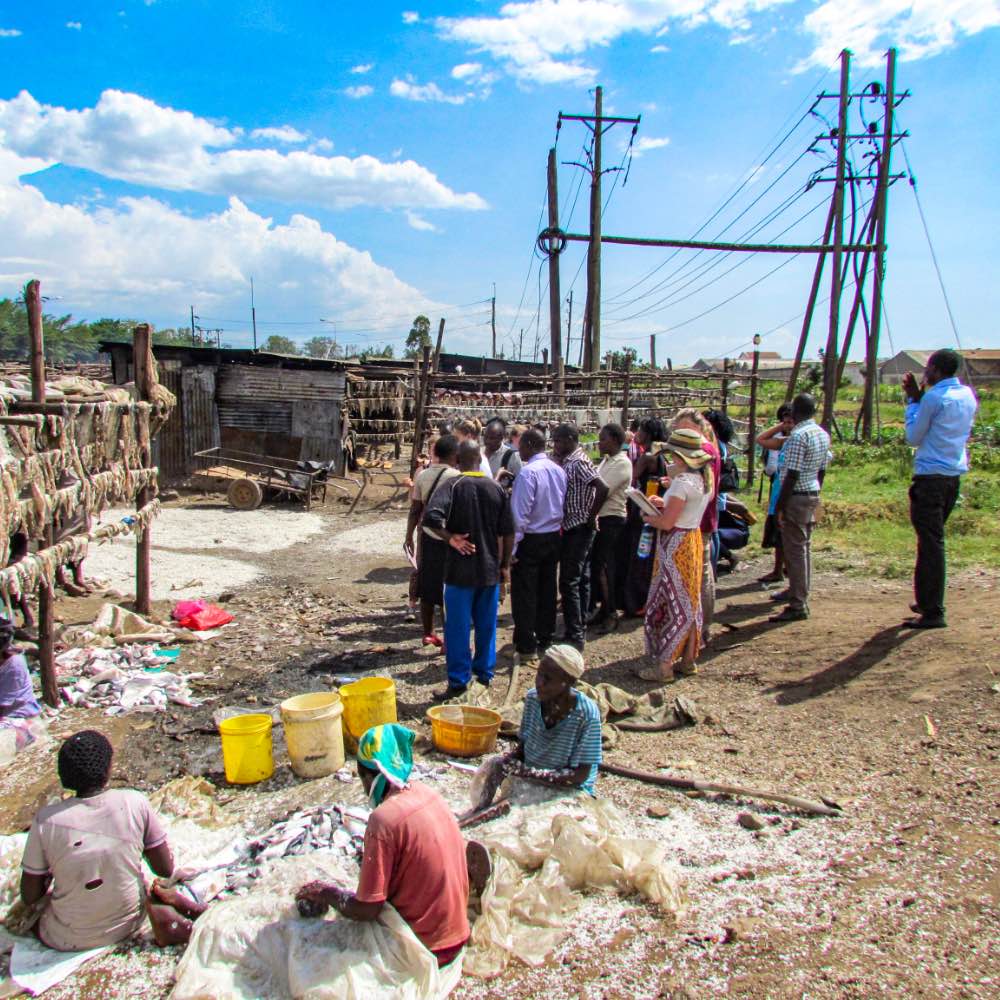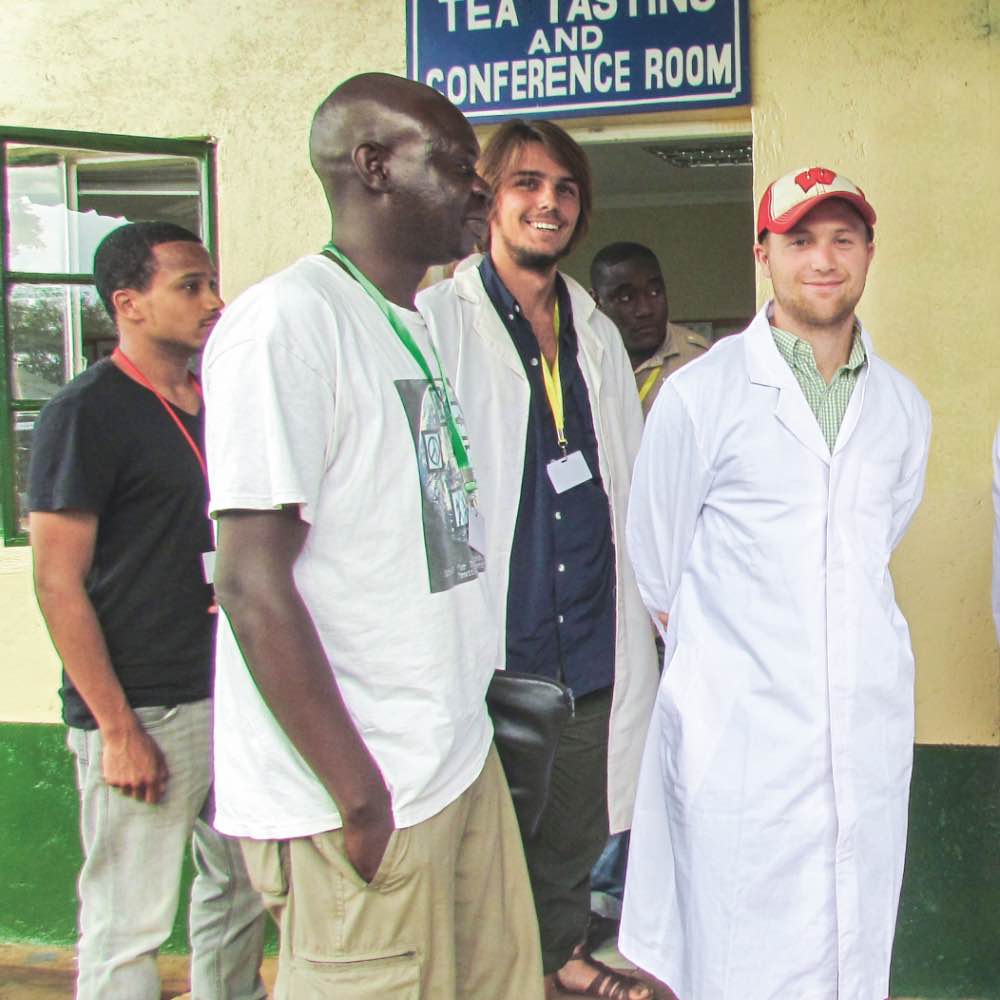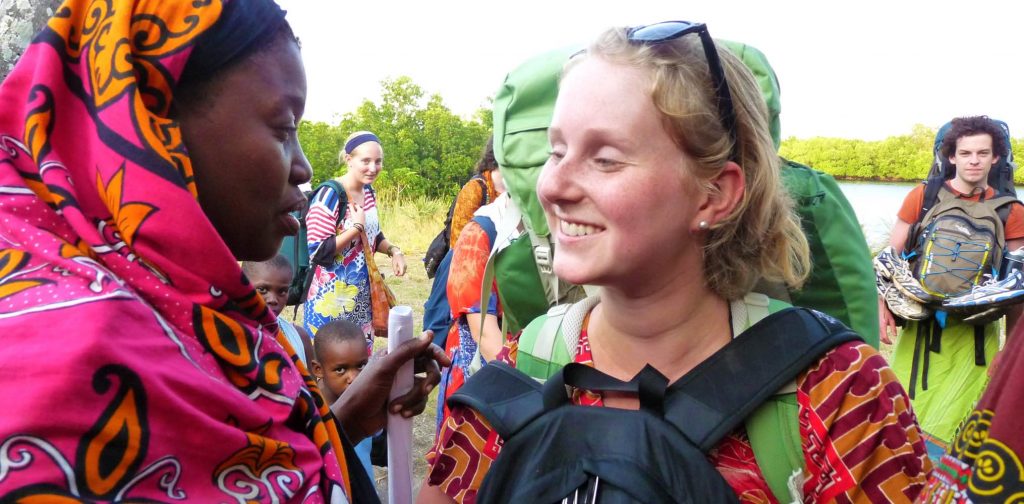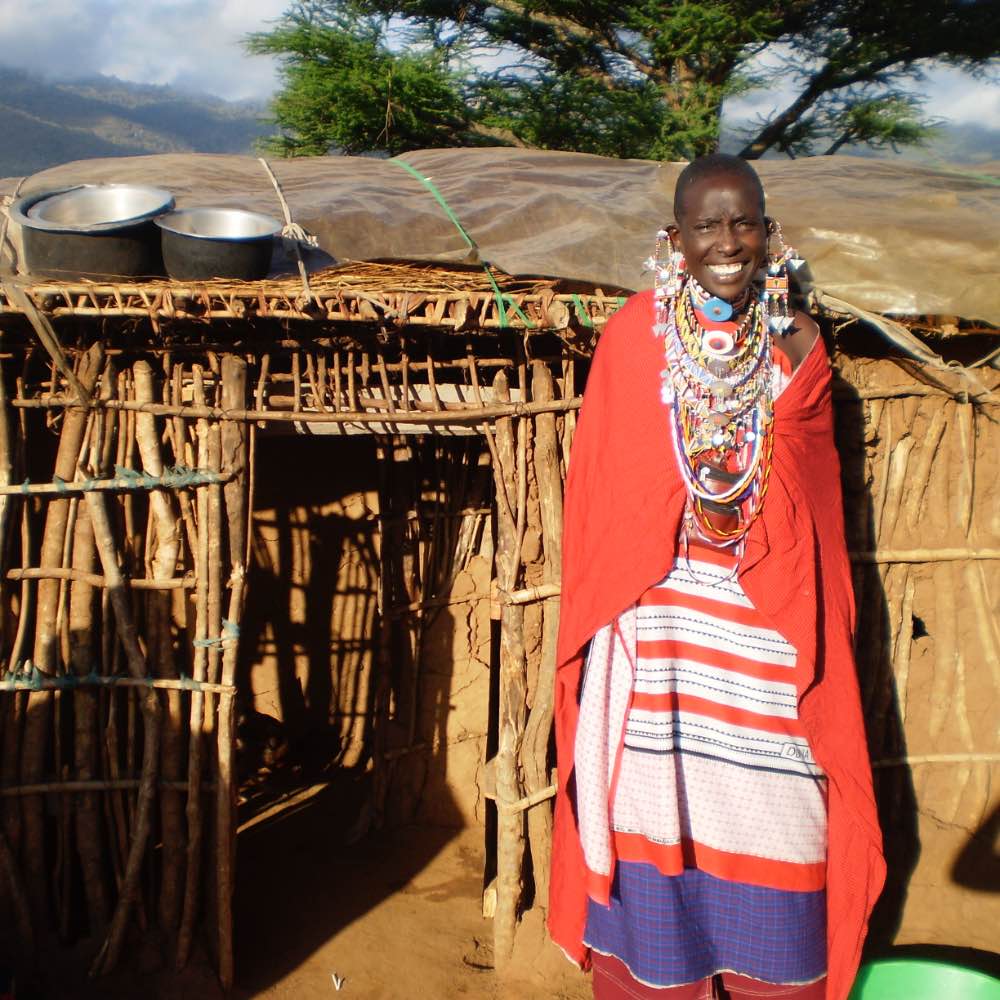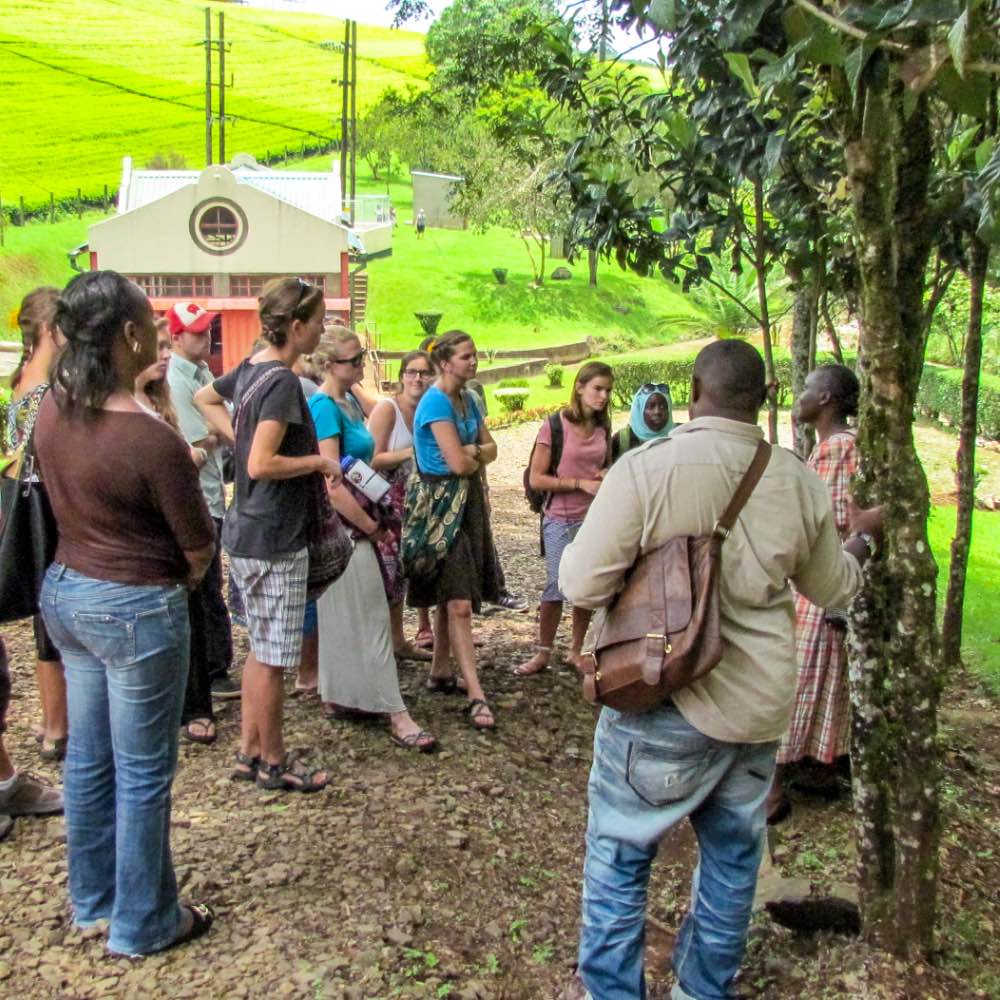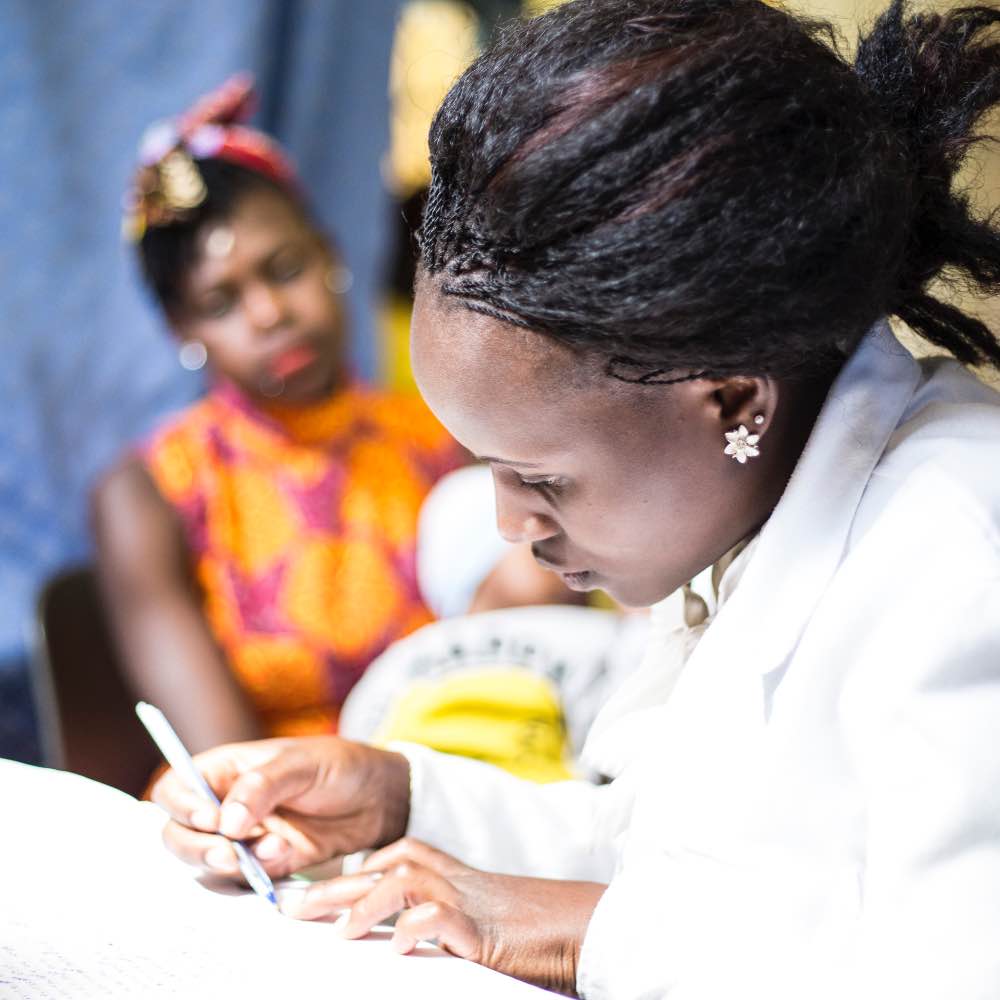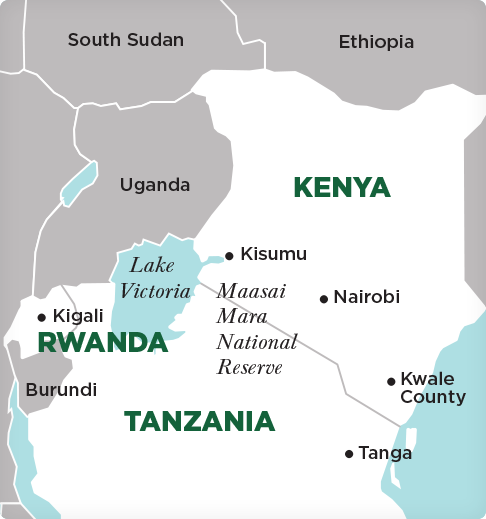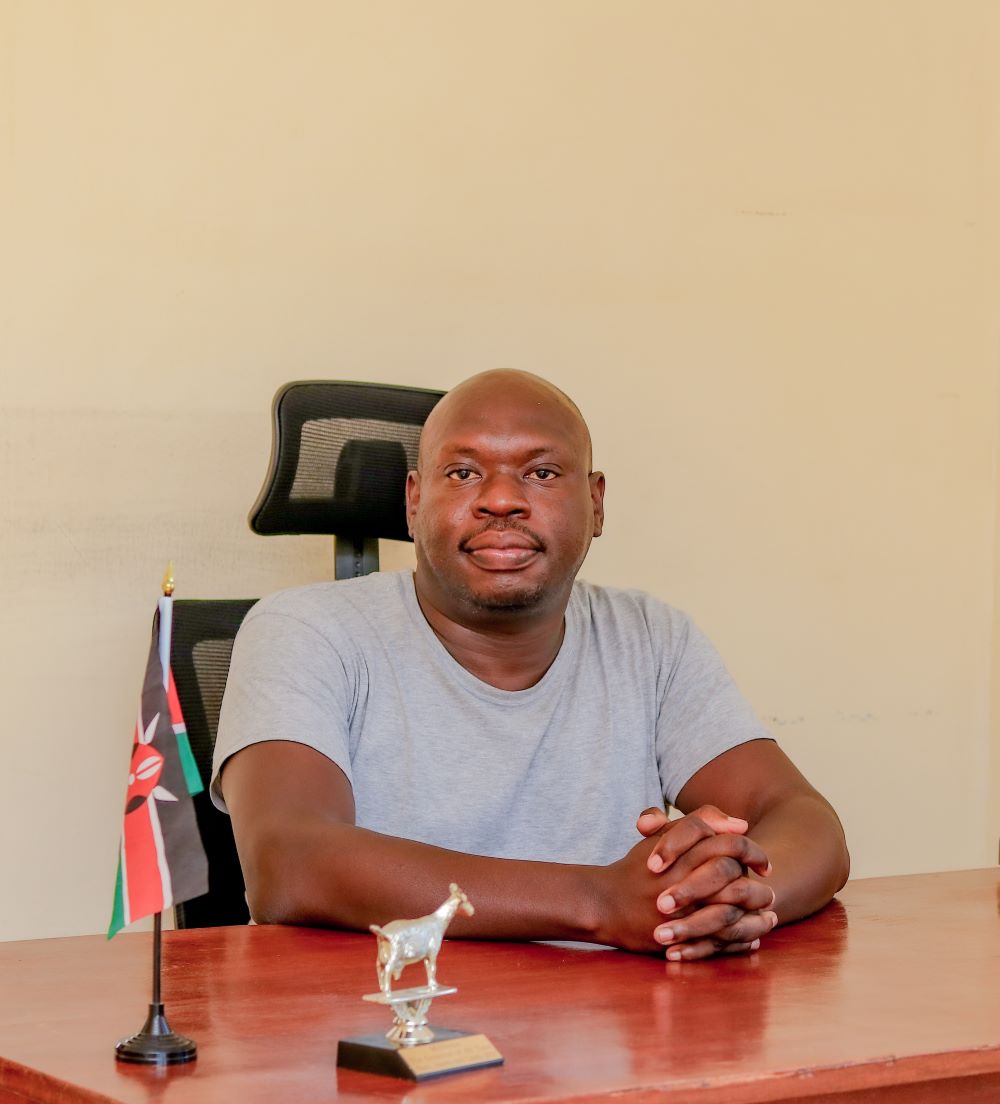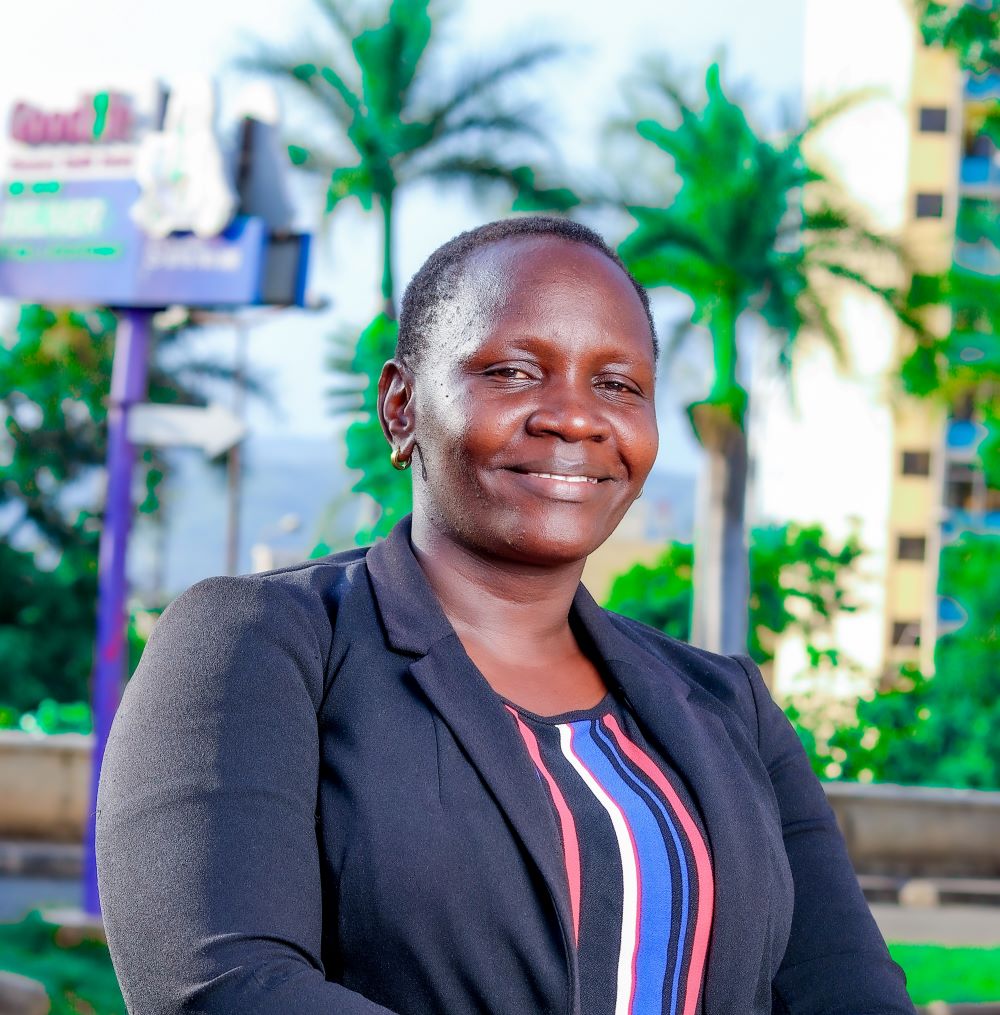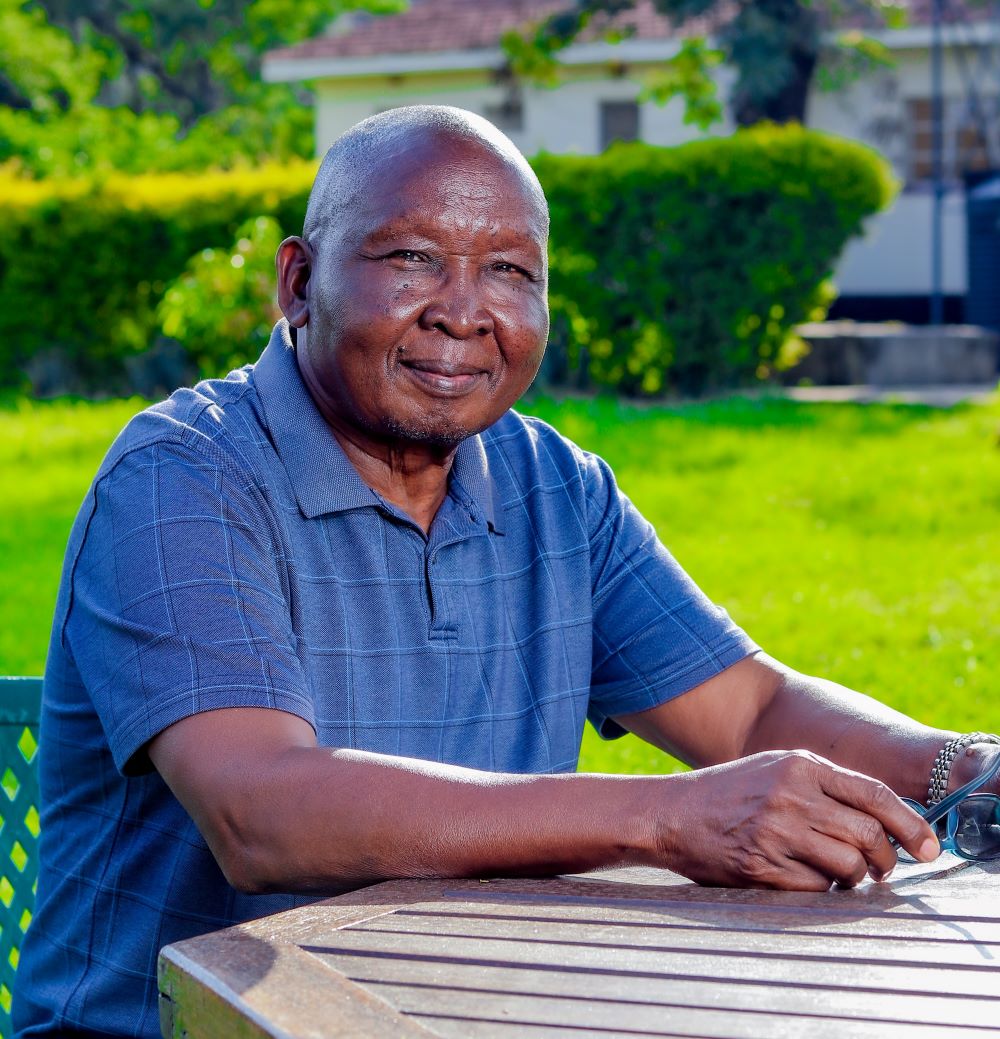In addition to taking the above courses, students will also need to enroll in one of the following two courses:
Independent Study Project
Independent Study Project – syllabus
(ISPR3000 / 4 credits)
Conducted in Kisumu, or another approved location appropriate to the project within Kenya. Sample topics areas: malaria prevention policy and practice; disease surveillance and prevention; health provision for LGBTQI+; community health; non-communicable diseases; gender, sexual identity and health; prenatal healthcare, maternal and child health; urban agriculture; HIV/AIDS education; girls’ education; health programming in Kenya.
Sample ISP topic areas:
- Gendered dynamics of health and human rights
- Urbanization, environmental degradation, and public health
- Neglected tropical diseases in western Kenya
- Informal settlements and their health challenges
- Healthcare as a human right in Kenya
- Nutrition and health programming in Kisumu
- Health financing in Kenya
- Housing and human rights
- Primary healthcare options
- Maternal and child health
- Family planning
- HIV/AIDS peer education
Browse this program’s Independent Study Projects / undergraduate research.
OR
Internship and Seminar
Internship and Seminar – syllabus
(ITRN3000 / 4 credits)
This course consists of a four-week internship with a national, international, or local public health delivery organization that is based in Kenya. The internship enables students to gain valuable work experience in the public health field and introduces students to planning, delivery, and management of public health in the tropics, using western Kenya as the case study.
Sample internships:
Most SIT Kenya interns assist with health-related projects through SIT’s partnerships with Jaramogi Odinga Oginga Teaching & Referral Hospital, Kisumu County Referral Hospital, or the Kisumu County Department of Health. Past internship topics have included:
- Assisting with research on maternal and child health, family planning, malnutrition, communicable and non-communicable diseases, neurological diseases, disease surveillance, or emergency medicine and trauma
- Conducting policy research
- Working on hygiene, sanitation, and environmental projects
- Working with public health professionals providing services to LGBTQ+ individuals and groups
Some students also intern with civil society organizations or non-profit organizations in and around Kisumu County depending on their topic of interest.
In addition, you will submit a paper in which you describe, assess, and analyze what you learned during your internship. The paper will outline the tasks you completed throughout the internship, professional relationships you developed, and challenges you encountered and how you overcame them.


